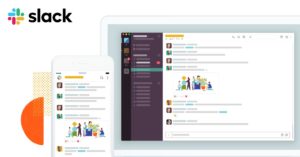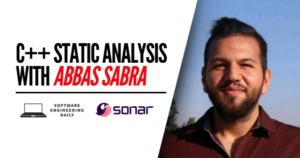Kubernetes Impact with Clayton Coleman
Podcast: Play in new window | Download
Subscribe: RSS

Kubernetes is in production clusters around the world with hundreds of thousands of containers. Kubernetes provides a distributed systems management environment for small startups and giant enterprises with applications ranging from microservices to machine learning pipelines.

Because the use cases are already so wide-ranging, and the project has had so much adoption, the focus of many of the Kubernetes core contributors is stability. Clayton Coleman joins the show to talk about the impact that Kubernetes is having on software engineering and the efforts of the community to improve stability. Clayton is the lead engineer for OpenShift, a platform-as-a-service from Red Hat.
Autoscaling, monitoring, and etcd are a few of the topics we discuss. Improvements to each of these areas are making Kubernetes easier to work with. There is a possibility that the Prometheus monitoring system will get pulled into Kubernetes itself, and we explore the pros and cons of this architectural decision.
From his experience working on OpenShift, Clayton also has a lot to share around the idea of a platform-as-a-service. Platform-as-a-service tooling can make enterprises significantly more productive, serving as a layer between a cloud provider and a developer that is shipping application code.
Cloud providers can be complex to learn how to work with. As enterprises adopt cloud more aggressively, they are using platform-as-a-service tools as an interface for developers to work with those clouds in a more opinionated way. Kubernetes is used as a foundation for platforms like OpenShift, because Kubernetes can orchestrate resources on a cloud in a way that makes it easier for a deployment to be multicloud, or portable between clouds.
In our previous episode with Clayton 2 years ago, we covered the basics of OpenShift and the developments that were occurring around Kubernetes at the time. In today’s show we go deeper into how the Kubernetes ecosystem is evolving, and his personal experience working on OpenShift. Full disclosure: Red Hat (where Clayton works) is a sponsor of Software Engineering Daily.
Transcript
Transcript provided by We Edit Podcasts. Software Engineering Daily listeners can go to weeditpodcasts.com/sed to get 20% off the first two months of audio editing and transcription services. Thanks to We Edit Podcasts for partnering with SE Daily. Please click here to view this show’s transcript.



















